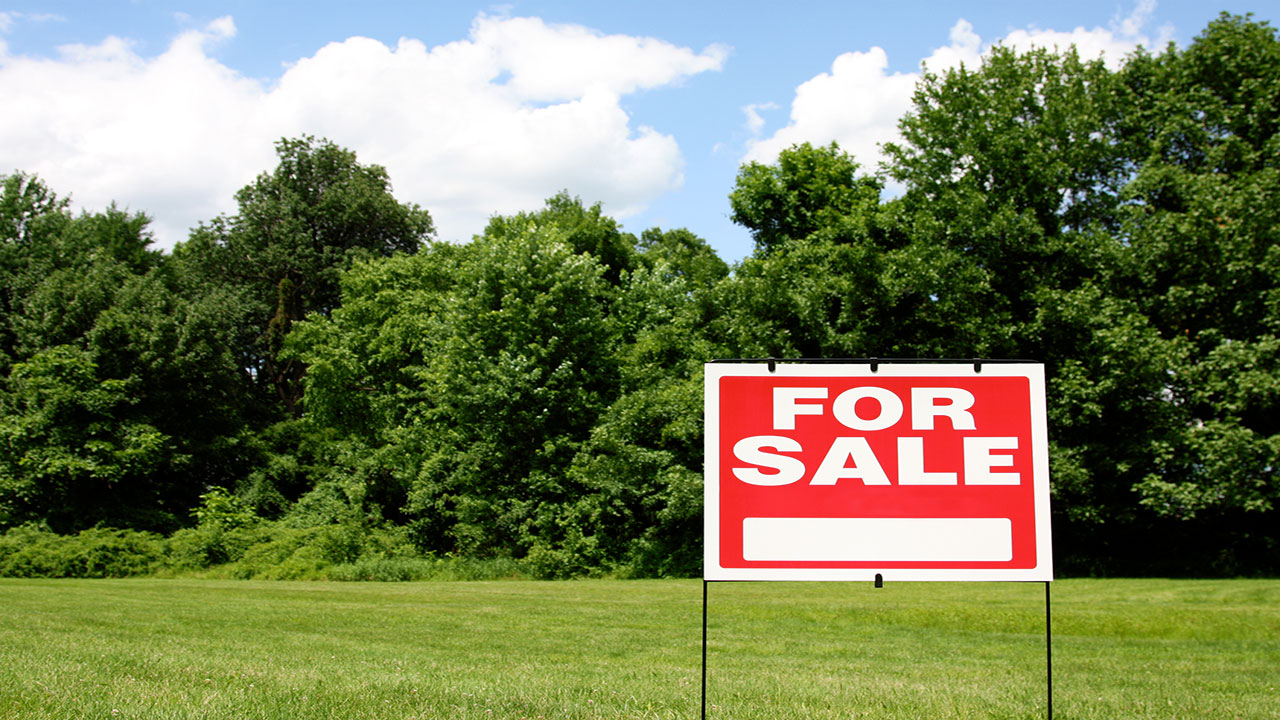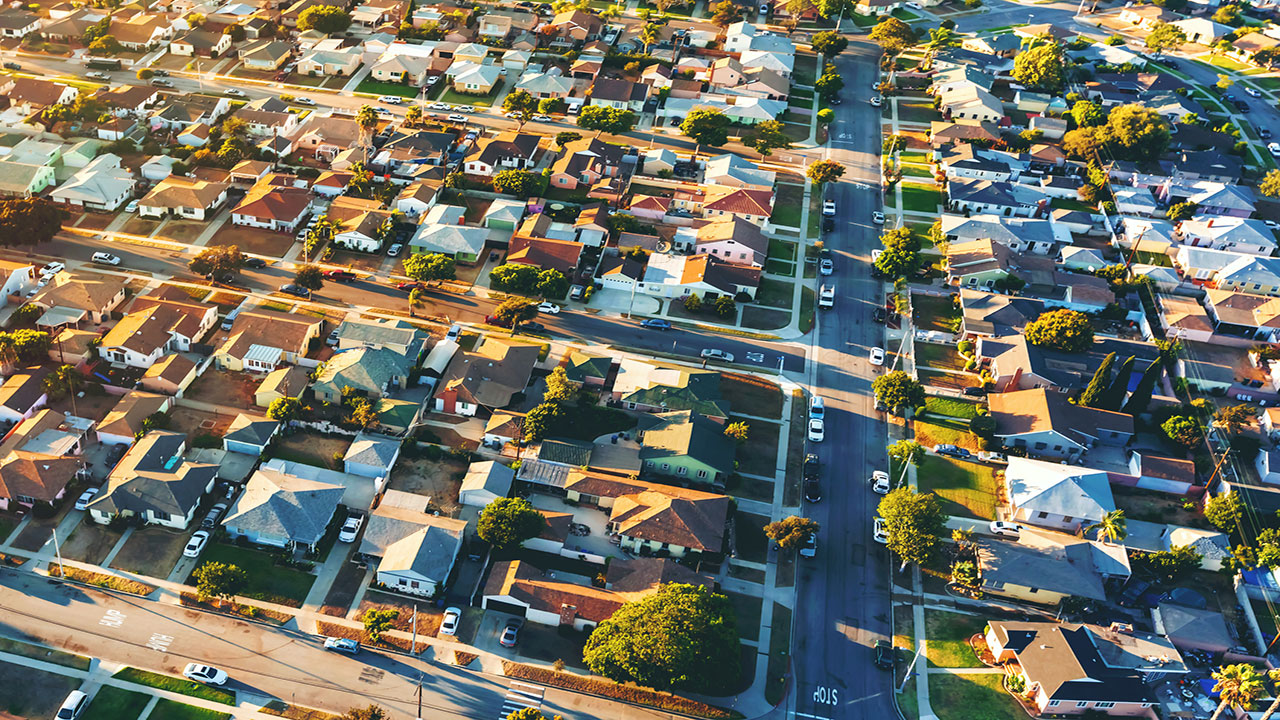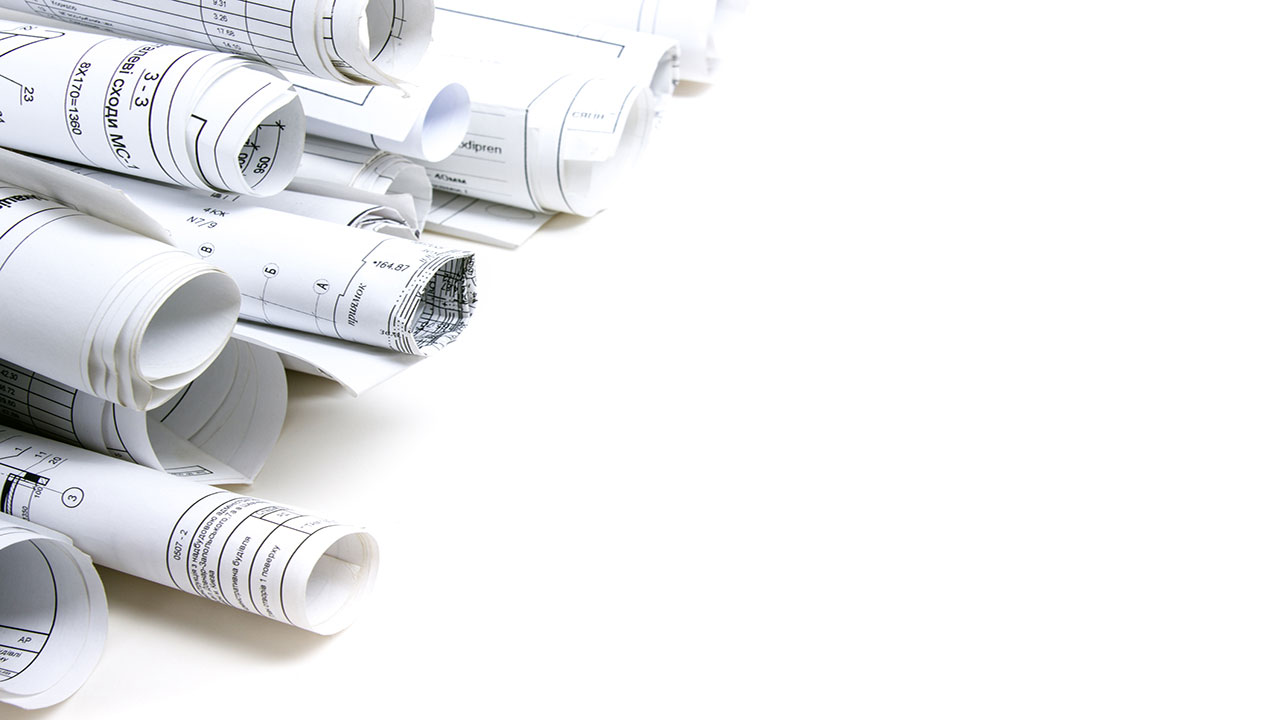6 Things to Consider Before Buying Land to Build on

It can sometimes be a challenge to find a home on the market that checks off all the boxes on your list of must-haves. If that’s the case, there’s always the option to buy a piece of land and build your own home, customizing it from top to bottom to your heart’s desire.
But while buying vacant land is a potential alternative to buying resale, there are certain precautions you will need to take before you sign on the dotted line. Without in-depth research into the land you have your eye on, your enjoyment of your new home can be negatively affected.
Prior to purchasing land to build on, be sure to take the following factors into consideration first.
1. Location

The absolute most important factor to consider before buying land is its location. In the world of real estate, location trumps everything else and should always be the first thing to think about before buying. And not only should the municipality be considered, so should the precise lot location in relation to the overall community. For instance, a lot that’s situated at the end of a quiet culdesac and backs onto greenspace would be worth more than land in the same neighborhood that’s adjacent to a busy roadway.
Depending on your exact needs, you’ll want to assess the location of the lot and its proximity to amenities like public transit, highways, schools, parks, and so forth. You’ll also want to factor in the proximity of the land to your place of work in order to ensure the commute isn’t going to be much longer than you’d like it to be.
2. Property Setbacks
The setbacks of the land – which are the rules that stipulate how far the structure can be set back from the lot’s border – need to be considered before purchasing a plot of land. Where you’re allowed to build the house on the lot will be dictated by the property’s setbacks. And if you have a desire or need to build a home of a certain size, you’ll want to be sure that the lot can accommodate that size, and the setbacks play a big role in this.
3. Zoning Requirements

Jurisdictions may have land that’s zoned for residential or commercial use, or both. You’ll need to find out if the land that you buy is allowed to have a residential structure built on it, especially if the surrounding area is used primarily for commercial purposes. Besides, you probably wouldn’t want to build a home in an area where a bunch of industrial buildings will be erected.
Further, you will need to determine whether or not the area is zoned for additional structures – such as sheds or detached garages – if you have intentions of building them. In addition, there may be zoning restrictions that dictate the minimum size home that can be built on the lots in the area. If you don’t want or cannot afford to build or operate a large home, make sure the minimum structure size fits within your means.
4. Natural Hazards
Ideally, the parcel of land that you purchase will not be vulnerable to specific natural hazards. Depending on exactly where the land is located, it could be at risk for fires, which has been a huge problem in parts of California as of late. Determine whether or not the land is located within a fire zone before buying.
In addition, you’ll want to have the soil assessed on the land to check for its quality and composition, which will affect how your new home is built, the cost of the home’s foundation, and any landscaping you may want to do.
5. Easements

If there’s an easement on title of the property, you’ll want to know about it before you commit to buying. An easement gives another person or entity the legal right to use another person’s property for a specific purpose, regardless of who actually owns it. If, for instance, there’s an easement on your property that allows others to cross over it in order to gain access to another lot, it could have an impact on your level of privacy.
6. Utility Sources
Once your home is built, how will it be powered? Where will your water source come from? You’ll want to find out how your home will gain access to water, electricity, gas, waste, and even phone or cable. This is especially important in remote locations where the cost to hook up to municipal utilities can be extremely expensive. You’ll want to get in touch with the water and utility companies before putting in an offer on the land to find out what the costs would be to connect water, power, waste, and other connections.
The Bottom Line
There’s no better way to ensure the home you buy is fully customized to your liking than to build it yourself. But your first step is to buy some land to build on, and that doesn’t come without its own set of tasks. Do your research on the lot you plan to buy to make sure it’s exactly what you want without restrictions. Team up with a real estate professional who is well-versed in buying vacant land to help you find a lot that meets all your needs without compromising how you’ll be able to use and enjoy it.
